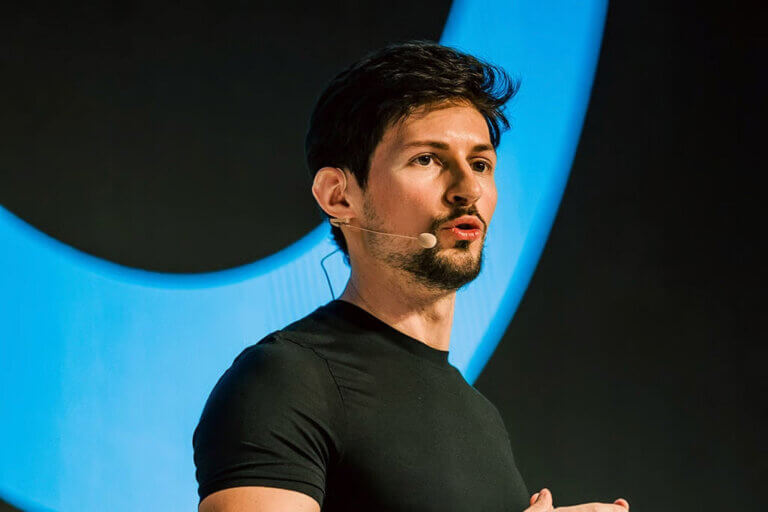In the fast-paced world of technology, Pavel Durov stands out as a figure both admired and controversial. The Russian-born entrepreneur, known for founding VKontakte (VK) and Telegram, has always supported privacy, freedom, and minimalist design. Now, with news of his recent arrest, the focus is on the cost of adhering to such principles.
Design as a Philosophy
Pavel Durov platforms, VKontakte and Telegram, show his commitment to simplicity and user-friendly design. This is not just an aesthetic choice; it is a deeply ingrained philosophy. In a digital landscape full of features, Durov’s minimalist approach is refreshing and effective. His design—focused on clean lines and the removal of unnecessary elements—reflects trends in modern art and architecture. Simplicity and clarity often speak louder than complexity.
However, this minimalism also raises questions. Is it effective in a world where platforms are changing quickly? While others add features to keep users, Durov sticks to simplicity. This shows his belief in the power of focused design, even if some find it too austere.
Cultural Impact of VKontakte and Telegram
Durov’s influence goes beyond design and into culture. VKontakte, often called the “Russian Facebook,” became a vital space for self-expression in Russia. Meanwhile, Telegram, which started as a simple messaging app, has become a global symbol of digital freedom. Its strong encryption and focus on privacy have made it a favorite for activists, journalists, and anyone seeking secure communication.

Telegram’s role in supporting free expression, especially in regions with limited internet freedom, cannot be understated. The platform is a beacon for those who value privacy and resist government surveillance. Pavel Durov vision for Telegram has turned it into more than just a messaging app; it’s a powerful tool in the ongoing struggle for digital rights.
Telegram Airdrops: A New Frontier in Digital Finance
In recent years, Telegram has moved into digital finance, especially with cryptocurrency. The introduction of Telegram airdrops—where cryptocurrency tokens are given to users—marks a big shift. This move fits with larger vision of decentralization and user empowerment.

By adding airdrops to Telegram like hamster , Durov promotes cryptocurrency and gives more people access to financial resources. This strategy has attracted a new wave of users, blending social media with digital finance. Durov’s decision to bring cryptocurrency into Telegram shows his forward-thinking approach. He believes digital currencies can reshape the economic landscape.
The Arrest: A Clash of Principles and Power
Pavel Durov recent arrest is a clear reminder of the challenges in defending digital freedom. His refusal to give governments user data has long put him at odds with authorities, especially in Russia. This development highlights the ongoing tension between state control and the principles of privacy and freedom that Durov values.
Durov’s arrest is not just a personal setback; it is a key moment in the larger fight over control of the digital space. It shows the risks for those who challenge the status quo and highlights the importance of sticking to one’s beliefs, even in the face of strong opposition.
A Personal Style Reflecting His Principles
Pavel Durov personal style—often simple, with all-black clothing—reflects his professional philosophy. Just as his platforms embrace minimalism, so does his fashion sense. It conveys a message of understated power. In a world obsessed with display, Durov’s reserved manner speaks volumes about his character and his approach to life and work.
This image of the lone, principled entrepreneur, willing to stand up against powerful adversaries, has been strengthened by his recent arrest. It adds to the story of Durov as a figure who is not just shaping the digital landscape but also challenging the foundations of authority in the 21st century.
The Legacy and Future of Pavel Durov
As the world watches the unfolding story of Pavel Durov’s arrest, his legacy as a designer, entrepreneur, and defender of digital freedom is clear. His platforms have left a lasting impact on how we communicate and think about privacy and digital rights.
The introduction of Telegram airdrops shows Durov’s continued innovation and commitment to decentralizing power, both in communication and finance. While his principles may come at a high personal cost, they have paved the way for significant advancements in the digital world. Durov’s story is far from over, and his influence on technology, art, and society will likely continue to shape the future.


